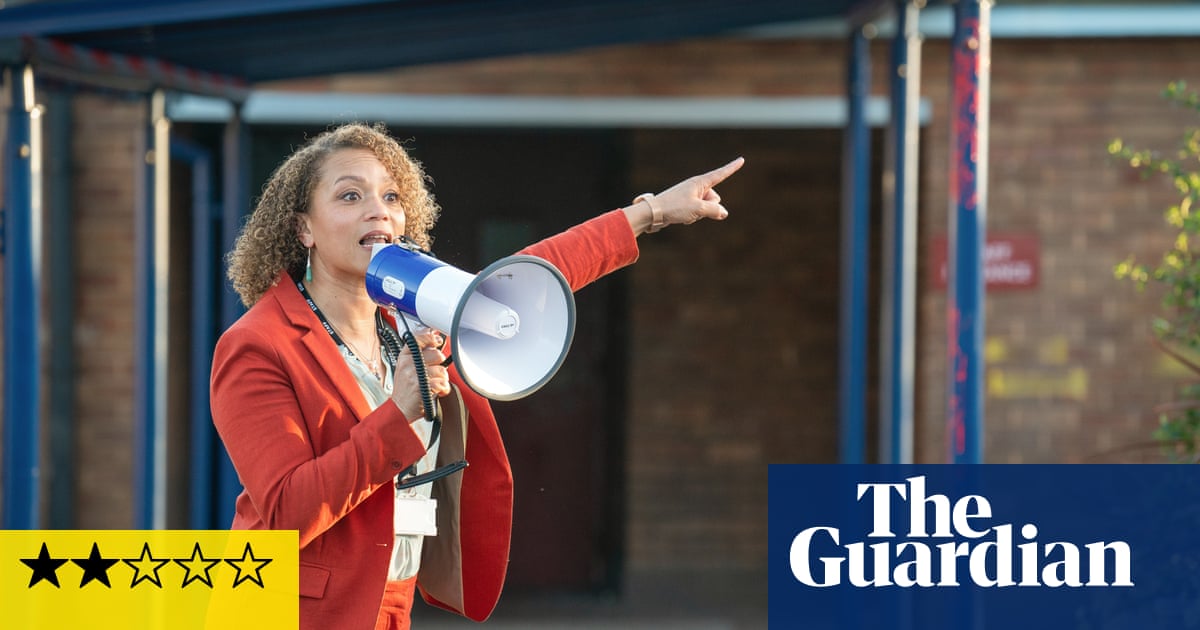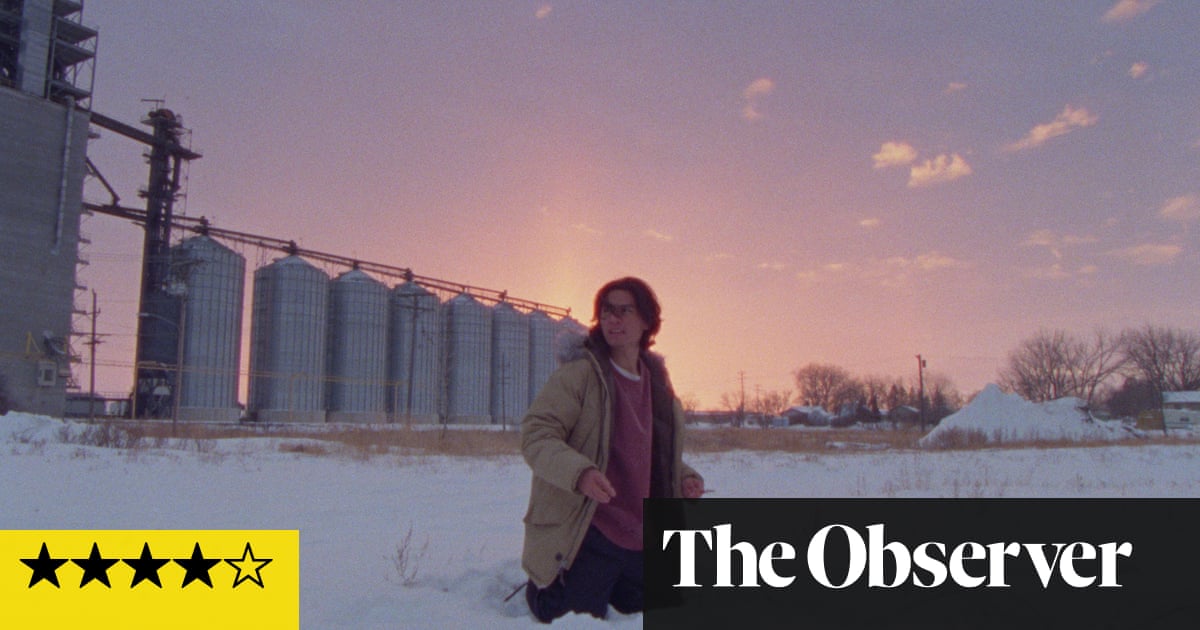
Waterloo Road (BBC One) was always a show that felt more important for the boxes it ticked and the services it provided than for the quality of its drama. First shown in 2006, the chaotic secondary-school saga was a breeding ground for new talent – Jodie Comer, Jenna Coleman and Phoebe Dynevor had early roles in it – and one of those continuing dramas that provide work for likable light comedy/drama actors who aren’t cut out for A-list stardom while producing hundreds of episodes to fill schedule space.
Such shows, especially BBC ones, are vulnerable to the whims and politics of broadcasters and to being given the burden of reflecting the issues of the day. Waterloo Road suffered from both malaises. When it was axed in 2015, it felt natural. So, why is it back?
Originally set and filmed in Rochdale, Greater Manchester, Waterloo Road moved to Greenock in Scotland in 2012 as part of a drive to make more shows outside England. It was an unconvincing rebrand that lasted for three seasons before the show was canned. But there is also a BBC initiative to make more shows outside south-east England, so now the Beeb has killed off another soapy workhorse, Holby City – which may have looked regional because it was set in Bristol, but was filmed at Elstree Studios near London – and used the money to revive Waterloo Road, relocating it in Greater Manchester.
What a story! But there is a twist in the tale (we will get on to the new season in a minute, I promise). Waterloo Road has not been hauled randomly out of a dusty filing cabinet. The old episodes were an unexpected hit during Covid lockdowns, with the series ending up as BBC iPlayer’s sixth-biggest show of 2021 – generating more streams than Doctor Who, Death in Paradise and RuPaul’s Drag Race UK – despite having been off air for six years.
A few extra fans, then, will be pleased to see Angela Griffin as Kim, once a teacher and pastoral care specialist at Waterloo Road school, now the head of a different comprehensive secondary in the same area – this one named after a local historical dignitary who was a slave trader. Episode one, scene one shows a black girl spray-painting “RACIST” on to the bust that adorns the front of the school building, as part of a campaign to get the school renamed.
Without any ado, we are fulfilling Waterloo Road’s key remit of tackling social and political talking points in what is hoped to be an accessible way. As a paint-bomb riot threatens to cause lessons to be suspended on the first day of term, Kim has to balance her sympathy with the kids’ anti-racist cause with the difficulty of convincing an intransigent, impecunious local education authority to fix the problem – especially when not everyone thinks there is a problem to be fixed.
“This is cancel culture!” says a gobby white kid, adding that he considers the protesters to be “snowflakes”. Later on, in the staff room, the history teacher Mr Guthrie – who spends a lot of the opening episode looking for somewhere to rinse dog mess off his shoe, earning him a rocket from the dinner lady Nicky (Kym Marsh) when he suggests using the canteen sink – expresses his own scepticism: “The conversation should be about historical context, not cancel culture!”
Children, we are learning about cancel culture – and we are not doing it subtly. But, really, we are not learning about it at all, since a proper examination of the arguments around the veneration of problematic historical figures wouldn’t fit into an 8pm drama. The expectation is that mentioning it will prompt thought and debate in the audience, with the same objective attached to the story of a former pupil who, through a combination of a tough family life and the disruption of the pandemic, has ended up homeless and becomes a representation of all the kids who have fallen through the new cracks in society since Waterloo Road was last broadcast.
Does it help important moral debates when they are the backdrop to a drama that seems more comfortable delivering classic soap storylines, such as the one that engulfs the original characters Donte (Adam Thomas) and Chlo (Katie Griffiths), tearaway pupils who have now become conscientious, hopeful, nervous young parents? Does it benefit an eventful, broad-brush soap if it keeps stopping to talk about white privilege? Will viewers who binged Waterloo Road when they were at a loose end make the sort of commitment that warrants a revival? Well-intentioned as they are, these fictional teachers still look as if they are doing an impossible job.












